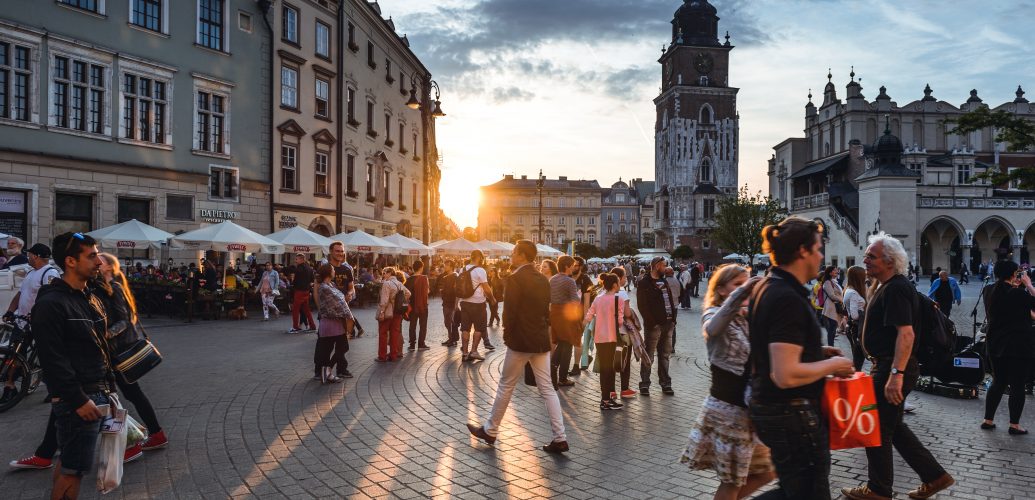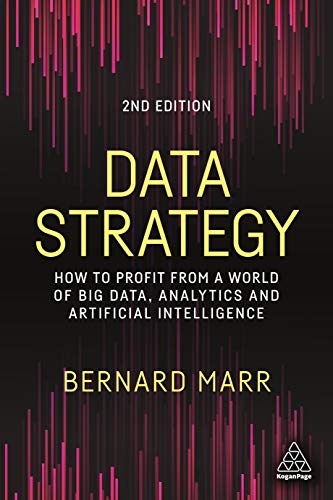Artificial Intelligence (AI) is becoming more and more prevalent in all aspects of modern society. Now generative AI is helping marketers to achieve their goals. One industry that is being significantly impacted by AI is the tourism industry.
From customer service to travel recommendations, AI is changing the way that travelers plan and experience their trips. In this article, we will explore the ways in which AI is being used in the tourism industry and how it is changing the way we travel.
How AI is Used in the Tourism Industry
1. Chatbots
Chatbots are a popular use of Artificial Intelligence in the tourism industry. These computer programs use natural language processing to understand and respond to customer inquiries.
Chatbots can be found on websites, social media platforms, and messaging apps, and they can provide 24/7 customer service without the need for human operators.
AI powered Chatbots can answer a variety of questions, from flight details to hotel reservations, and they can even provide personalised recommendations based on the customer’s preferences.
2. Personalised Recommendations
AI is being used to create personalised travel recommendations for customers. By analysing a customer’s search history, previous bookings, and social media activity,
AI can recommend travel destinations, activities, and accommodations that are tailored to the customer’s interests. These recommendations can be delivered through email, push notifications, or social media ads.
3. Travel Planning and Booking
AI is also being used to help travelers plan and book their trips. Travel companies are using AI to streamline the booking process, making it easier for customers to find and book flights, hotels, and activities.
AI can also help customers find the best deals by comparing prices across multiple travel sites. Additionally, AI can assist with itinerary planning by suggesting activities and events based on the customer’s travel dates and location.
4. Predictive Analytics
AI is being used to analyze travel data in order to make predictions about future travel trends. This data can be used by travel companies to improve their marketing and customer service strategies.
For example, if AI predicts that more people will be travelling to a certain destination in the near future, travel companies can adjust their marketing efforts to target those potential customers.
5. Smart Hotels
AI is being used to create smart hotels that provide a more personalised and efficient experience for guests. These hotels use AI-powered chatbots to handle guest inquiries and requests, and they use facial recognition technology to expedite the check-in and check-out process.
Smart hotels can also use AI to control room temperature and lighting based on guest preferences, and to provide personalised recommendations for nearby attractions and restaurants.
- Hardcover Book
- Agrawal, Ajay (Author)
- English (Publication Language)
- 304 Pages - 11/15/2022 (Publication Date) - Harvard Business Review Press (Publisher)
The Benefits of Artificial Intelligence in the Tourism Industry
1. Improved Customer Service
AI-powered chatbots provide 24/7 customer service, which can improve customer satisfaction and reduce the need for human operators.
Additionally, AI can provide personalised recommendations and travel planning assistance, which can enhance the overall customer experience.
2. Increased Efficiency
AI can streamline the travel planning and booking process, making it faster and more efficient for both customers and travel companies. This can lead to cost savings and increased revenue for travel companies.
3. Better Marketing Strategies
By analysing travel data, AI can help travel companies improve their marketing strategies by targeting potential customers more effectively. This can lead to increased bookings and revenue.
4. More Personalised Travel Experiences
AI can create personalised travel recommendations and smart hotel experiences that are tailored to the customer’s preferences. This can enhance the overall travel experience and encourage customers to book with the same company in the future.
- Marr, Bernard (Author)
- English (Publication Language)
- 272 Pages - 10/26/2021 (Publication Date) - Kogan Page (Publisher)
The Future of Artificial Intelligence in Tourism Industry
The future of Artificial Intelligence in tourism industry looks promising, with many new advancements and applications being developed. Here are some potential future implications of AI in the tourism industry:
Augmented Reality (AR) and Virtual Reality (VR) Experiences
AI can be used to create more immersive AR and VR experiences for travelers. This technology can be used to create virtual tours of destinations, allowing travellers to explore a location before they even arrive.
AR and VR can also be used to enhance the customer experience at hotels and attractions, by providing interactive and personalized experiences.
Predictive Personalization
In the future, AI may be able to provide even more personalised recommendations based on a customer’s behaviour, preferences, and even biometric data. This could lead to a more customized and seamless travel experience for each individual customer.
Sustainability Efforts
AI can be used to analyze travel data and create more sustainable travel options. For example, AI can suggest eco-friendly accommodations, transportation, and activities based on a customer’s travel history and preferences.
Additionally, AI can be used to reduce waste and carbon emissions by optimizing travel routes and reducing energy consumption at hotels and attractions.
Smart Destination Management
AI can be used to manage tourist destinations more efficiently and sustainably. For example, AI can help to monitor crowd levels and reduce congestion in popular tourist areas.
Additionally, AI can be used to provide real-time information and recommendations to tourists, such as weather updates, transportation schedules, and local events.
Personalized Health and Safety Measures
In light of the COVID-19 pandemic, AI can be used to create personalized health and safety measures for travelers. For example, AI can monitor a traveller’s health status and recommend health and safety protocols based on their location and travel history.
Conclusion on Artificial Intelligence in the Tourism Industry
In conclusion, Artificial Intelligence in tourism industry is transforming the industry in many ways, from providing 24/7 customer service through chatbots to creating personalised recommendations and streamlining the travel planning and booking process.
The benefits of AI in the tourism industry include improved customer service, increased efficiency, better marketing strategies, and more personalised travel experiences.
Looking forward, the future of AI in the tourism industry holds even more exciting possibilities, such as augmented and virtual reality experiences, predictive personalization, sustainable travel options, smart destination management, and personalised health and safety measures.
As AI continues to develop and evolve, it will undoubtedly continue to shape and enhance the way we plan and experience our travels.
As always, thank you very much for reading How To Learn Machine Learning, we hope you enjoyed our article on Artificial Intelligence in the Tourism Industry, have a fantastic day!

Subscribe to our awesome newsletter to get the best content on your journey to learn Machine Learning, including some exclusive free goodies!



